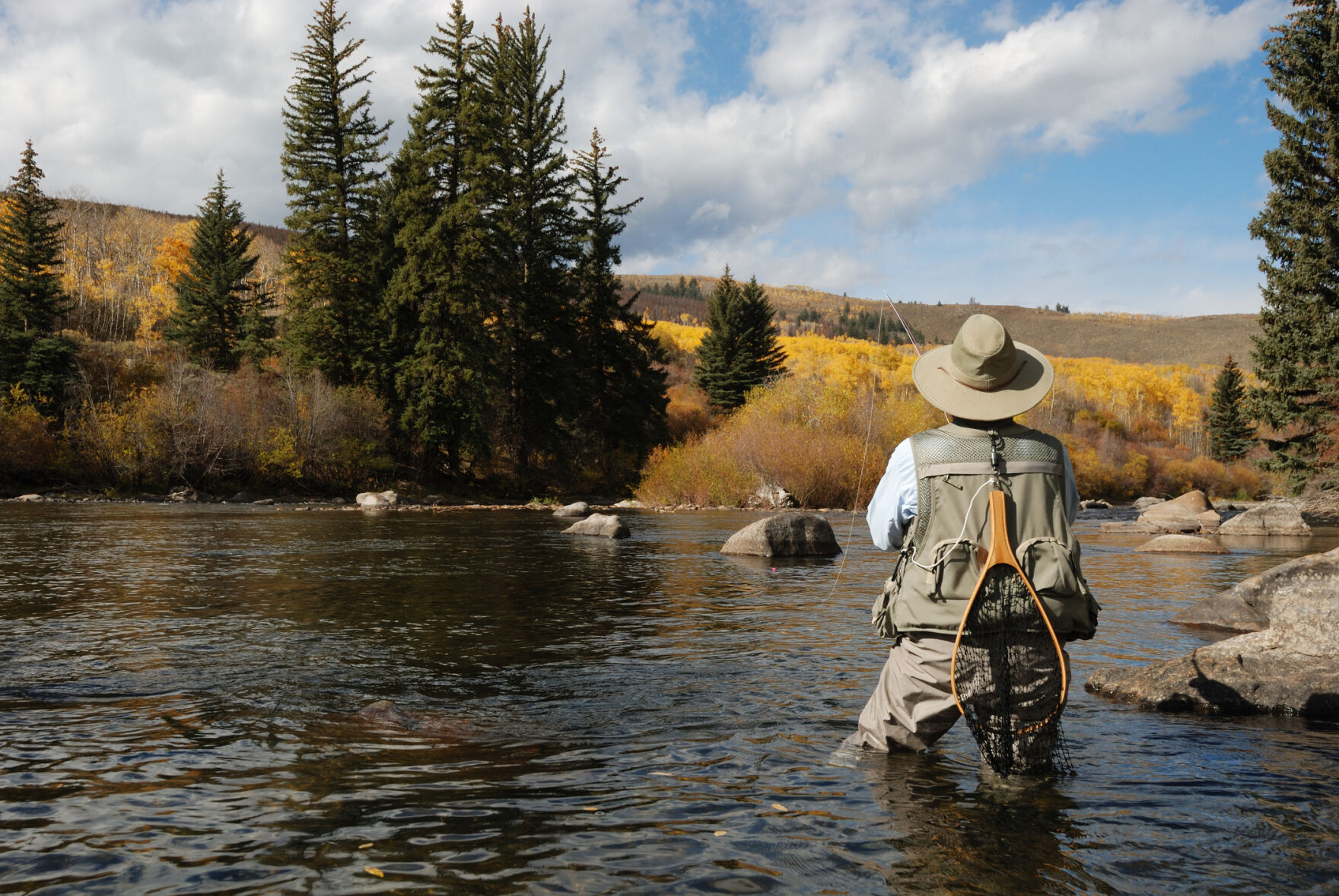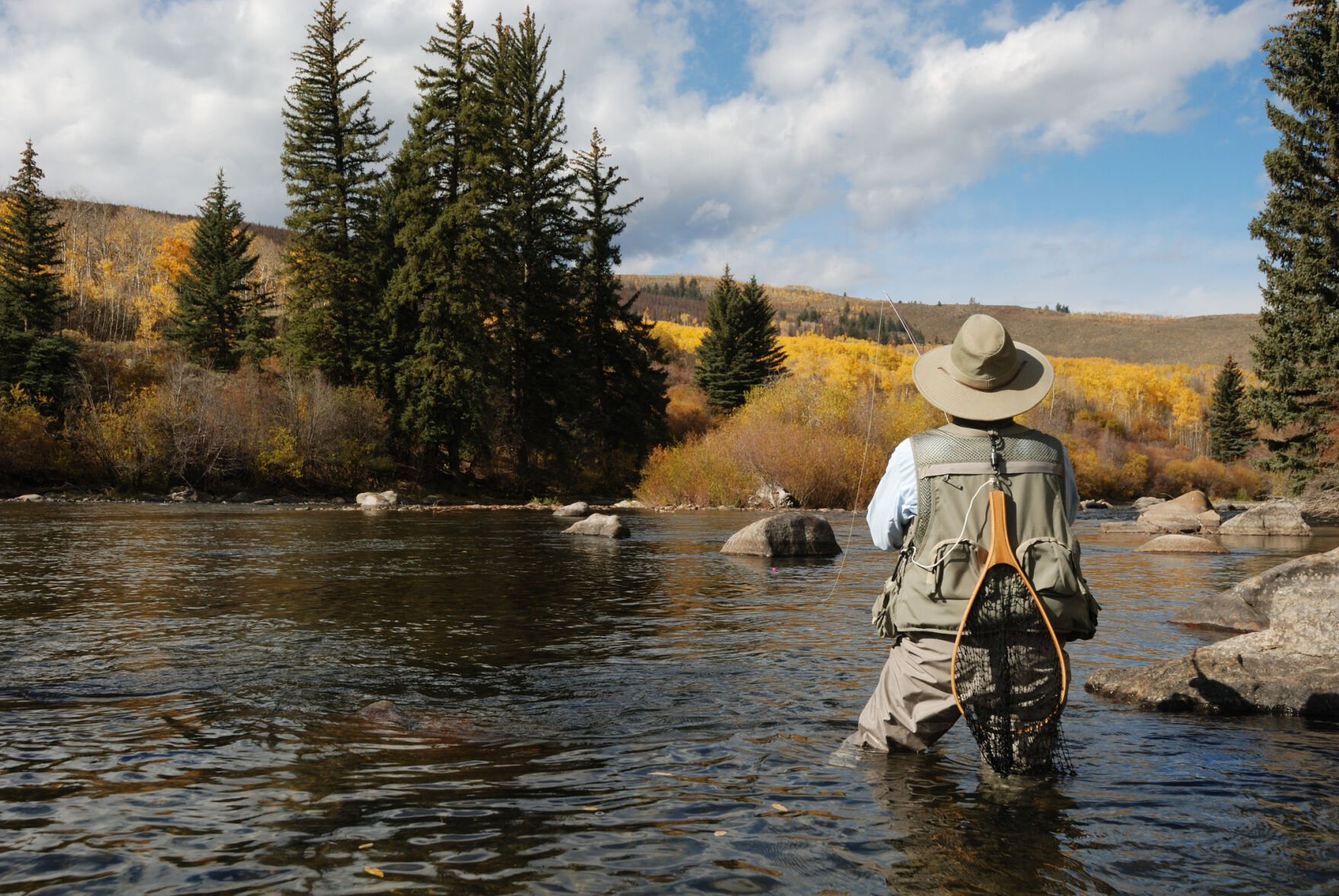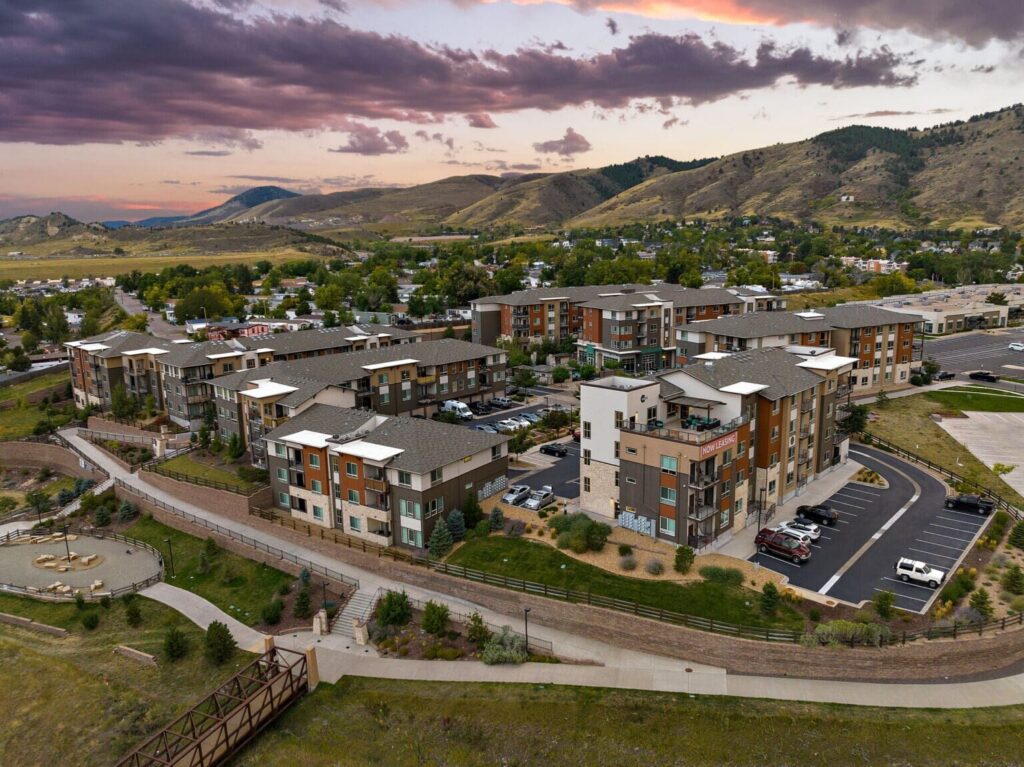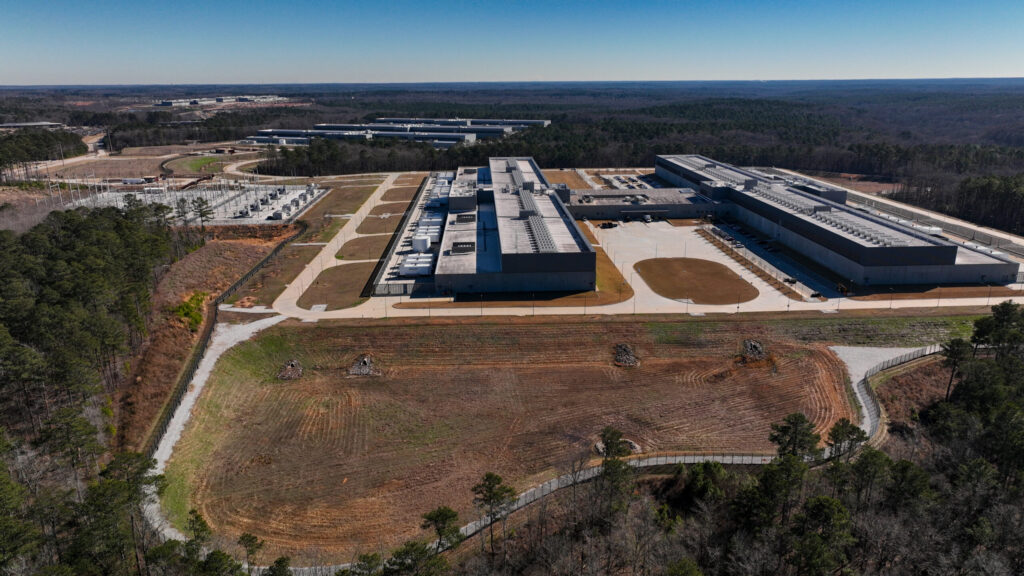Report claims outdoor recreation money can ease pain of moving away from oil and gas

Oil and gas extraction in Colorado is both undesirable and fiscally unnecessary, environmental activists said on Tuesday, citing a report that claimed money from the outdoor recreation industry can ease the economic pain of transitioning away from fossil fuels.
“The outdoor recreation economy is significant in Colorado, and provides an alternative, though not full replacement, for the extractive industry,” the report concluded.
An oil and gas representative called the report “politically motivated” and added that it failed to acknowledge the role fossil-derived energy plays in modern society.
The Colorado Fiscal Institute – an advocacy organization that seeks to advance policies that “promote equity and widespread prosperity for all Coloradans” – presented the report’s findings during a virtual meeting organized on Tuesday by Colorado Rising, a Boulder based environmental non-profit organization that calls itself the “oil and gas’ chief adversary.”
During the meeting, Chris Stiffler, the institute’s senior economist, compared the economic benefits of the recreational industry and the oil and gas industry, and effectively sought to paint one as noxious and the other as the antidote and argued that they are incompatible with one another.
Stiffler said Colorado is No. 8 among states for outdoor recreation jobs, and that about 125,000 such jobs make up 4.3% of overall employment in the state. In the U.S. 4.5 million jobs are tied to outdoor recreation, comprising about 3% of overall employment in the country, he added.
He said there are “six times as many jobs in the outdoor recreation industry as there are in the oil and gas industry.”
He suggested that both industries comparably produce the same economic output.
In 2021, the oil and gas industry directly employed about 20,000 people and provided about $14 billion, while the outdoor recreation industry produced about $11.6 billion, he said.
“The only difference is the outdoor recreation industry doesn’t contribute to the increasing severity of forest fires that the fossil fuels industry does,” Stiffler said.
“We don’t have to have the cleanup the oil and gas industry has. That’s the cleaning and plugging of abandoning wells. That’s the negative externalities of air pollution. That’s lower property tax values around drilling sites,” he said.
Stiffler also linked oil and gas operations to forest fires that, he said, are getting larger and more severe, exacerbating the negative effects on the outdoor industry.
“If you look at forest fires, the top 20 largest forest fires have all occurred since 2000,” said Stiffler. “And the severity of them are just unequal in acreage.”
Oil and gas industry representatives questioned the report’s objectivity.
“While we haven’t given much credence to a report as politically motivated as this, we note that the report fails to acknowledge the central role natural gas and oil plays in nearly every aspect of modern life, a seemingly important component of any cost-benefit analysis on the subject,” Kait Schwartz, director of the Colorado branch of the American Petroleum Institute, told The Denver Gazette.
Schwartz added: “Colorado’s natural gas and oil industry is a massive economic boon to the state, but we are most proud of the safe and responsible manner in which we provide the products that drive countless other industries, outdoors among them.”
During his presentation, Stiffler cited a 2023 research paper by Kristina Dahl, which claimed that increases in wildfires can be traced to the emissions of 88 of “the world’s largest fossil fuel producers.” Dahl said her modeling of the regional climate effects cause by the 88 companies contributed “37%” of the “cumulative area burned by forest fires” between 1986 and 2021 in the western U.S. and southwestern Canada.
A January 2023 report from the institute authored by Stiffler and Pegah Jalali, said that “oil and gas development, while creating some economic benefits, also carries significant costs.”
The latest report said a transition away from oil and gas revenues will hit some communities harder than others.
“While some communities will have a harder time than others during the transition from pollution-causing fuels to clean energy, this analysis shows it is entirely feasible for Colorado to diversify its economy, move away from oil and gas development, and come together to support the specific towns and counties that will be in most need of support,” the report said.
Stiffler said that, while the oil and gas sector shrank by 21.4% from 2018 to 2021, “the overall positive trendline of Colorado’s economy during a time of decline for the oil and gas industry lends credibility to the idea that the state is not economically dependent on oil and gas.”
Stiffler suggested that greater support for the outdoor recreation industry, notably through tax incentives, can do even more to facilitate the transition away from the fossil industry.
“Bolstering the outdoor recreation industry through economic development, tax, and employment incentives can help ease the pain of shifting away from oil and gas, and towards a more environmentally sustainable economy,” the report said.
Where the money might come from to support even more small communities affected by the loss of oil and gas taxes and revenue isn’t clear, though Stiffler said the need will be acute. Small communities not currently considered eligible for support under the Colorado Department of Labor and Employment’s Office of Just Transition are likely to be affected. That office already needs to figure out how to fund as much as $100 million it predicted will be required to transition workers away from their jobs and preserve rural communities that have depended on coal mining for economic survival for more than 160 years.
Dan Haley, president and CEO of the Colorado Oil and Gas Association, questioned the report’s timing.
“We haven’t given any credence to the Colorado Fiscal Institute report since an activist accidentally revealed its existence, weeks before the report was released, in a state rulemaking,” said Dan Haley, president and CEO of the Colorado Oil and Gas Association. “It raises questions as to the intent of the report, and who paid for it, if it was shared with activist groups before it was shared with the public.”
“It’s also important to note that energy and outdoor recreation are compatible,” Haley said. “Most everything Coloradans use to have fun in the great outdoors – from jackets to ski boots to climbing ropes – is made possible by oil and natural gas. Shouldn’t those items be made with some of the cleanest molecules of energy on the planet?”
















